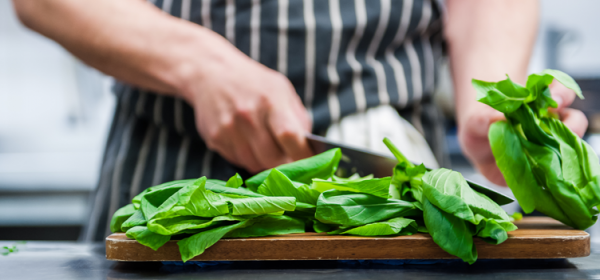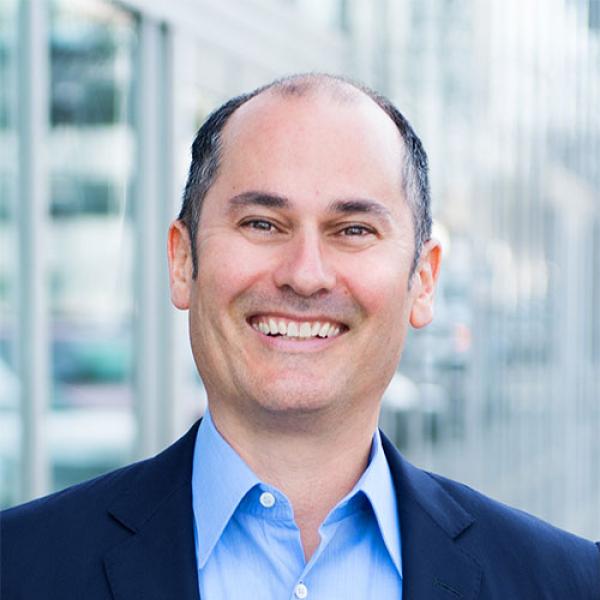Image

I find myself often regarding my own diet as a deeply personal issue, one of personal health, personal goals, personal failures. I see the same pattern in most of my patients. We all want the diet that's best for us, the diet to keep us healthy or keep us thin. The diet that will pull us out of an autoimmune problem or reduces endless sugar cravings. What we eat becomes a daily decision and in some cases a daily struggle. We struggle to eat what we think is right and we constantly rethink what we think is right. Pritikin, Ornish, Atkins, Zone, Vegan, Paleo and now, what I am staking out as THE diet, my diet, Dr. Kalish's plan, The Tao Diet.
The Tao Diet is based on my 25 years of treating sicking patients using diet changes and on my meditation experience and my personal realizations that it's not all about me, really it's not. The Tao Diet is founded on the idea that our "personality self" our views and opinions and even our health may not be the driving principle in our food decisions. Maybe there is a bigger game happening.
The Tao Diet starts with one simple principle everything is part of the one, one planet, one community of people and one spiritual self, in the order of priority regarding diet the one can be broken down into three components, from most important to least important:
1. Eat to make our ecosystem healthier.
2. Eat to make your local community healthier.
3. Eat to make yourself healthier.
1. Eat in a way that enlivens and strengthens our eco-systems, eat food that builds a healthier planet as ultimately our own personal health stems solely from the health of our environment. This tenet says that your food choices can either strengthen or weaken nature. This will in the end either strength or weaken you. You can't be strong and healthy if the environment is sick and dying.
2. Eat in a way that supports your local community and other people. Organic red peppers flown from Argentina to Oakland, California's Whole Foods may not support my local farmers or the environment. Food has to be a local issue, that's just the reality of farming. We need freshly grown and harvested food to limit the environmental impact of shipping food long distances and to ensure nutrient quality which is derived in large part from field to table time.
3. Eat in a way that supports your personal health goals. This may mean an low histamine diet if you have a problem in that area, or an auto immune diet if you have auto immune problems. Some people thrive on grains some people get sick from them. Many people need animal protein to heal, others become toxic and harmed by it. The diet that works perfectly for you as an individual right now may be entirely different than the diet you will enjoy five years from now. I, now, at age 52 eat exactly as I did at age 22 and feel fantastic, but during those intervening 30 years I had to, due to stress, availability and my lifestyle, eat other than what truly makes me healthy.
Oh, and you can have as much ice cream as you wan!
Ok, the ice cream part is a joke, but I mean all the rest of it. Let's eat like we mean it, let's eat like we want to make the planet a healthier place and guess what, that in turn will ensure we too will become healthier in the process.

